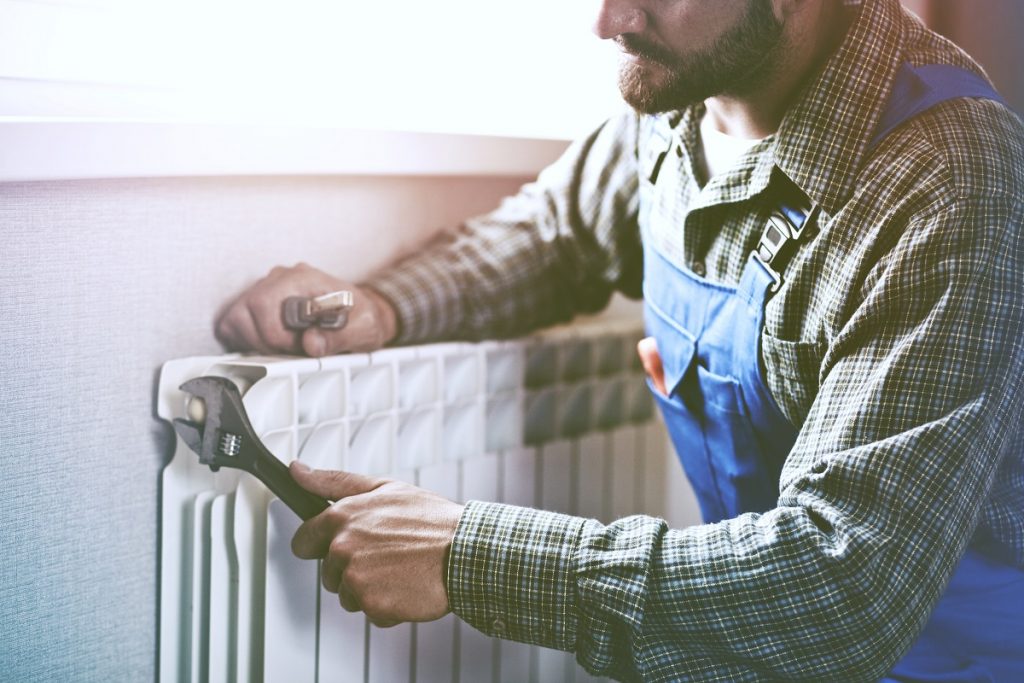No one ever said that home renovation was a walk in the park. It can be downright dangerous if you’re not careful, so you want to do everything you can to ensure that you, your family, and everyone working on the project are safe during the renovation period. Here are some tips to ensure your project goes as smoothly as possible – and stays safe.
1. Develop a clear plan.
First and foremost, make sure you have a clear plan. It may seem like an obvious step, but it’s essential to sit down and map out precisely what you want to do before you start tearing anything down. Doing this will help you avoid any potential hazards, and it will also help you stay on budget.
A clear plan should include:
- The scope of the work
- A timeline
- Budget
- Materials
- And any other relevant information
2. Hire a professional contractor.
While you may be tempted to try and tackle the project yourself, it’s essential to hire a professional contractor. Many homeowners make the mistake of thinking they can save money by doing the work themselves, but this often leads to more problems and expenses down the road.
A professional contractor who completed a CSCS exam will have the experience and expertise to ensure that your project is completed safely and correctly. Always ask to see a contractor’s license and insurance before hiring them. You can also check online reviews to see what others have said about their experience working with the contractor.
3. Get the proper permits.
Before you start any work, make sure you have the proper permits. Depending on the scope of your project, you may need a building permit, electrical permit, or plumbing permit. Different municipalities have different requirements, so it’s essential to check with your local building department to see what permits you need. You may also need to get a permit from your homeowner’s association if you have one.
4. Inspect the property.
A thorough inspection of the property is critical in ensuring safety during your home renovation. You’ll want to check for potential hazards, such as loose wires, mold, asbestos, or lead paint. These can all pose serious health risks, so it’s vital to have them addressed before beginning any work.
Specific hazards have to be remediated by a professional, so make sure you hire the right person for the job. For example, if you have lead paint, you’ll need to hire a certified lead abatement contractor to remove it safely.

5. Keep a clean work area.
A clean work area is a safe work area. You need to regularly clean up any debris, dust, or dirt that accumulates during your project. Doing so will help reduce the risk of trip hazards and other accidents.
It would be best to have a designated area for storing tools and materials. It will help you stay organized and reduce the risk of someone being injured by a falling object. Everyone working on the project should know where this area is and be instructed to use it.
6. Follow safety protocols.
Of course, even with all of these precautions in place, accidents can still happen. That’s why it’s essential to follow safety protocols and use the proper safety equipment when working on your home renovation project.
Some basic safety protocols include:
- Wearing protective gear, such as gloves, goggles, and a respirator
- Using the proper tools for the job
- Working in well-ventilated areas
- Avoiding electrical hazards
- Lifting heavy objects properly
7. Have a first-aid kit on hand.
No matter how well you plan, accidents can still happen. Even minor injuries can become serious if they’re not treated properly. So it’s crucial to have a first-aid kit on hand and know how to use it.
A first-aid kit should contain:
- Bandages
- Gauze
- Antiseptic wipes or cream
- Pain relievers
- Tweezers
- Scissors
- A list of emergency phone numbers
8. Have a plan for dealing with emergencies.
In addition to having a first-aid kit, you should also have an emergency plan in case of a more serious accident. This plan should include the numbers for emergency services and a list of people to contact if you’re injured and can’t get to a phone.
You should also have the number for poison control and the nearest hospital stored in your phone in an emergency. Many municipalities also have a non-emergency number you can call for medical assistance.
9. Be cautious when working with power tools.
Power tools can be dangerous if they’re not used properly. Always read the instructions before using any power tool, especially if you are inexperienced. Always wear protective gear, such as gloves and safety glasses. And never use a power tool in an area that isn’t well ventilated.
Working on a home renovation project can be dangerous if you’re not careful. That’s why it’s essential to take the necessary precautions to ensure your safety. By following these tips, you can help reduce the risk of accidents and injuries.

